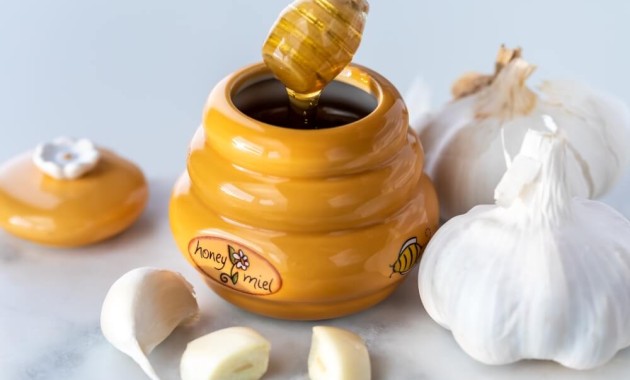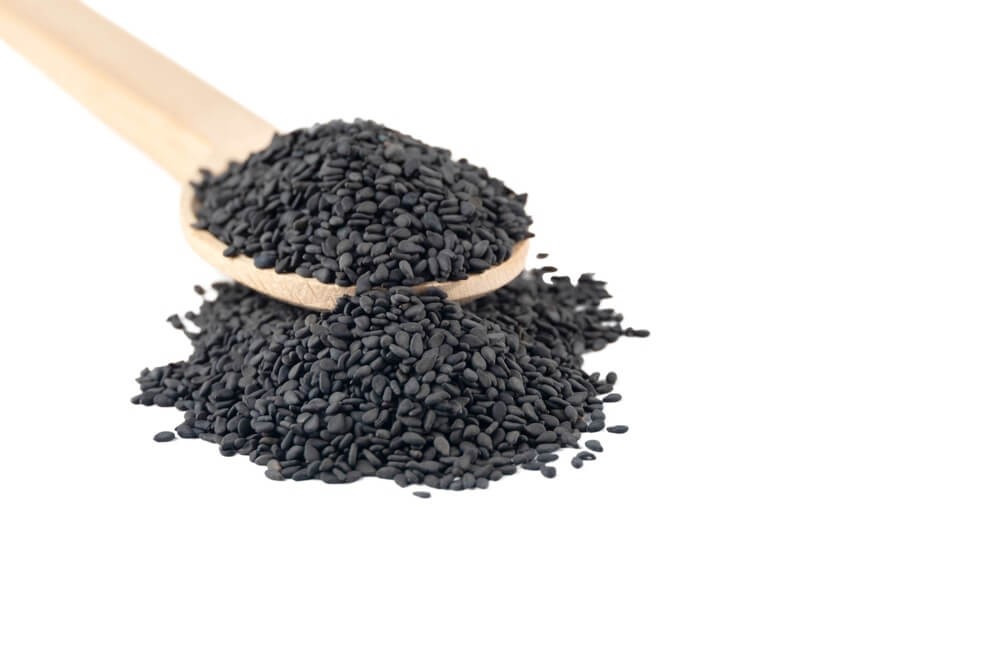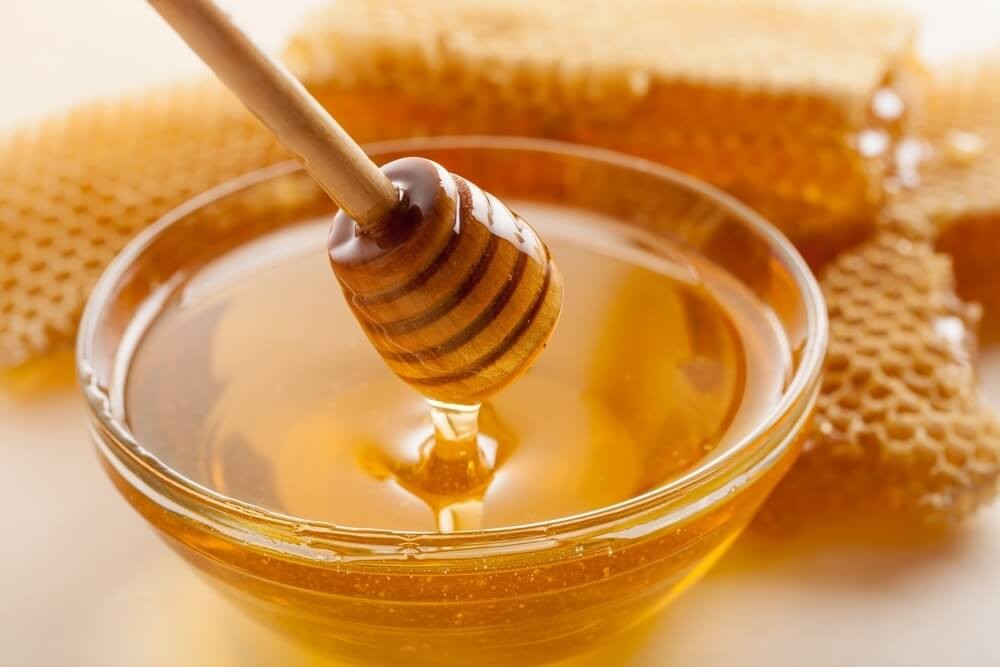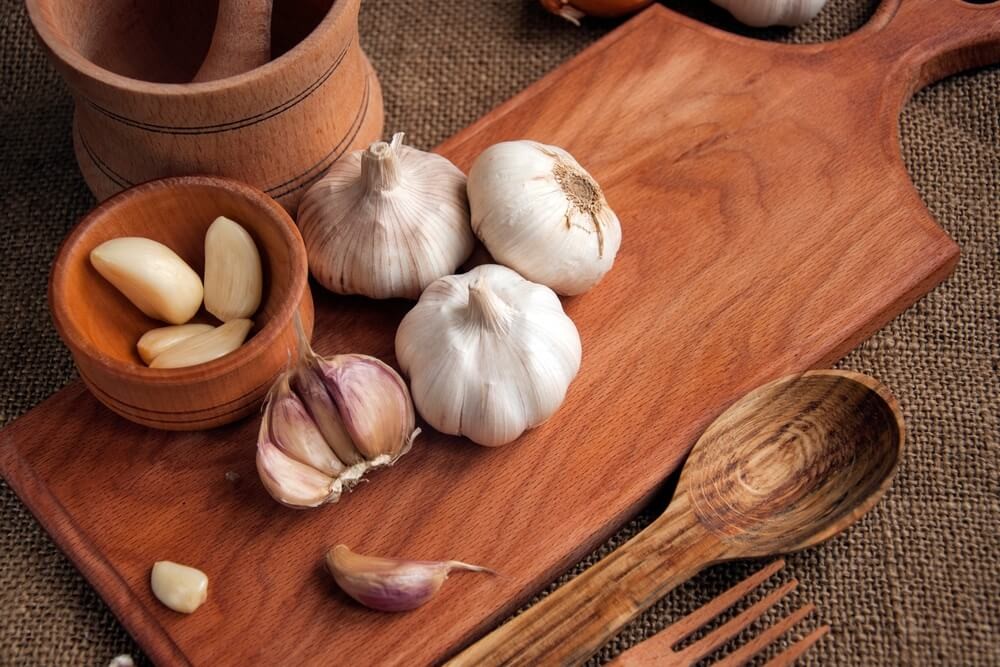In their own right, these meals are considered superfoods because of the unique ingredients they supply. Honey and black seed oil are two common examples of superfoods used by people who value their high nutrient content and health benefits. This combination is an antioxidant powerhouse that may significantly affect health when consumed.
Black Seed
It comes from a plant. People have been using the seed to make medicine for over 2000 years.
In the past, black seed was used to treat headaches, toothaches, stuffy noses, and worms in the gut. It has also been used to treat “pink eye,” conjunctivitis, abscesses, and parasites.
Black seed is now used to treat problems with the digestive tract, such as gas, colic, diarrhoea, dysentery, constipation, and haemorrhoids. It is also used to treat asthma, allergies, cough, bronchitis, emphysema, flu, swine flu, congestion, and other lung problems.
Other ways to use it are to lower blood pressure, lower cholesterol levels, treat cancer, and boost the immune system. You may read that a patent has been issued for using black seed to boost immunity, but don’t be fooled.
Women use the black seed to stop having babies, start their periods, and make more milk flow.
Black seed is sometimes used with cysteine, vitamin E, and saffron to ease the side effects of cisplatin, a drug used in chemotherapy.
Some people put black seeds directly on their skin to treat joint pain (rheumatism), headaches, and certain skin conditions.
Benefits of Black Seed
Might Reduce Cholesterol
Cholesterol is a kind of fat that is found all over your body. Even though you need a certain amount of cholesterol, too much can build up in your blood and make you more likely to get heart disease.
It has been shown that kalonji (black seeds) is very good at lowering cholesterol.
One review of 17 studies found that taking kalonji (black seeds) supplements were linked to big drops in both total cholesterols and “bad” LDL cholesterol and triglycerides in the blood.
It was also interesting to find that kalonji oil worked better than black seed powder. But only the seed powder raised “good” HDL cholesterol levels (5Trusted Source).
Another study of 57 people with diabetes showed that taking black seed for a year lowered total cholesterol and LDL cholesterol while raising HDL cholesterol.
Could Help Keep the Liver Healthy
The liver is one of the most important parts of the body. It gets rid of toxins, breaks down drugs, breaks down food, and makes proteins and chemicals that are important for health.
Several promising studies on animals have found that black seeds may help protect the liver from damage and injury.
Black Seeds made the chemical less dangerous and protected the liver and kidneys from damage.
Black seed’s protective effects come from its antioxidant content and ability to reduce inflammation and oxidative stress.
Could Help Clear Up Acne
Some research suggests that black seed oil could help with skin problems like acne.
This could be because black seed oil has antibacterial and anti-inflammatory properties.
People with acne who used a lotion made with black seed oil had fewer pimples after 2 months.
Similarly, one study had 60 people put a black seed oil-based gel on their skin twice daily for 60 days.
Compared to a control group, those who did this treatment had 78% less severe acne and a significant drop in the number of acne lesions.
May Help Hair Stay Healthy
Black seed oil is used in hair care products like masks and shampoos because of its antibacterial and antioxidant characteristics.
While several hair care products on the market claim to increase your hair’s lustre, strength, volume, and texture, there has been surprisingly little study on the actual advantages of black seed oil for hair health.
Applying coconut oil and black seed oil to the scalp three times daily led to enhanced hair growth.
Similarly, after 90 days, a hair oil containing a combination of black seed oil and other herbal substances effectively prevented hair loss in a trial of 90 persons.
This suggests that black seed oil may positively affect hair health when used alone, but additional extensive, high-quality research is needed to confirm this.
Honey
Many species of bees, most notably honey bees, produce honey, a delicious and sticky material. To keep their colonies strong, beekeepers produce and store honey.
Bees collect and process sugary secretions from plants (often floral nectar) or insects (such as aphid honeydew) to make honey.
Honey is refined both by the bees themselves, through regurgitation and enzymatic activity, and by the bees themselves, during storage in the hive, through water evaporation that concentrates the honey’s carbohydrates until they become thick and dense.
Benefits of Honey
Make Your Heart Healthier
Honey may also help keep the heart from getting sick. Honey may help lower blood pressure, improve fat blood levels, control your heartbeat, and keep healthy cells from dying. These things can help your heart work better and keep it healthy.
One study of over 4,500 people over 40 found that women who ate moderate honey had a lower risk of high blood pressure.
Also, raw honey usually has propolis, a type of resin bees make from trees that make sap and other similar plants. Propolis might help lower cholesterol and triglycerides.
Aids in the Recovery From Burns and Wounds
Since ancient Egypt, people have used honey on wounds and burns to help them heal. This is still a common thing to do.
Honey can also help heal foot ulcers caused by diabetes, which are serious problems that can lead to amputation.
In one study, people with diabetic foot ulcers who used honey to treat their wounds had a 43.3% success rate. In another study, honey healed ulcers caused by diabetes in 97% of the people who took part.
Researchers think that honey’s healing properties come from the fact that it kills bacteria and reduces inflammation.
It may also help treat psoriasis and herpes lesions, among other skin problems.
Helps Improve Diabetes
People with type 2 diabetes who consume honey have a lower chance of developing cardiovascular problems. It has been shown to reduce inflammation, triglycerides, and bad LDL cholesterol while increasing good HDL cholesterol. However, similar to table sugar, honey causes a rise in blood sugar. Type 2 diabetics should use honey with caution because it does not raise blood sugar levels as much as regular sugar. People with diabetes should limit carb-rich foods to lessen the severity of their ailment.
Honey Helps Improve Cholesterol
One of the leading causes of cardiovascular disease is high LDL cholesterol levels. Atherosclerosis, or the buildup of fatty deposits in the arteries, is a leading cause of cardiovascular disease and stroke.
Researchers found that honey dramatically raised good HDL cholesterol while reducing bad LDL cholesterol. Honey was found to lower low-density lipoprotein (LDL) cholesterol by 5.8%, raise HDL cholesterol by 3.3%, and lead to a modest reduction of weight (1.3%) in a trial including 55 patients compared to table sugar.
Helps Reduce Triglyceride Levels
A high blood triglyceride level is a potential contributor to cardiovascular disease. An increase in triglycerides is a common side effect of eating many sugars and processed foods. Furthermore, it has been associated with insulin resistance, a key factor in developing type 2 diabetes.
Honey’s ability to reduce triglycerides is enhanced when consumed regularly, particularly when used as a sugar alternative. According to one study, honey has 11-19% fewer triglycerides than sugar.
Garlic
Allium sativum is a type of bulbous flowering plant in the genus Allium. It is related to the shallot, the leek, the chive, the Welsh onion, and the Chinese onion. It is known as garlic.
It is native to South Asia, Central Asia, and northeastern Iran. It has been used as a seasoning worldwide for many years, and people have eaten and used it for several thousand years.
The ancient Egyptians knew about it and used it to flavour food and as traditional medicine. China makes 76% of all the garlic in the world.
Benefits of Garlic
Garlic Helps Strengthen the Immune System
Your immunity keeps you from getting sick in the first place, and it also helps your body fight illness when needed. Garlic is good for your immune system and can help keep you from getting colds and the flu.
Adults get two to four colds a year, while children get six to eight. Eating raw garlic can keep you from getting a cough, a fever, or a cold.
Eating two chopped cloves every day is the best way to get the most out of garlic. Some parents around the world tie garlic cloves on a string around their kids’ necks to help them breathe better when they have a cold.
Helps Reduce High Blood Pressure
Heart attacks and strokes are two of the biggest health problems in the world. Heart disease is more likely to happen if you have high blood pressure. About 70% of strokes, heart attacks, and long-term heart failure are thought to be caused by it. 13.5% of all deaths worldwide are caused by high blood pressure.
Because they are major causes of death, it is very important to deal with one of their main causes, high blood pressure.
If you have high blood pressure or hypertension, garlic is a great spice to add to your diet. But even if you don’t like garlic, taking garlic supplements will still help your health, like lowering high blood pressure and treating fever.
Remember that the amount of these supplements you take each day should be the same as four cloves of garlic. Before you start taking any supplements, you should talk to your doctor.
Help With the Prevention of Cancer
Garlic is good for more than just the heart. So, here’s another reason why your body could use more of this onion-family plant.
Research shows that eating fresh garlic can help lower the risk of colon cancer. Women who regularly ate garlic with other vegetables and fruits were 35% less likely to get colon cancer.
Garlic Helps Detox Your Body
Detoxification means getting rid of things in the body that don’t belong there. It is important for staying healthy and living a long time.
In the world we live in now, we are exposed to many different chemicals and compounds every day. Many of these chemicals are not good for the body and may even hurt it.
- Pesticides and other chemicals used in farming
- Radiation and other things that come from nuclear plants
- Products for personal care that contain chemicals
- Cleaners for the house
- Other things for the home
Garlic is a powerful detox food that helps the liver enzymes make more glutathione. It also has other important detoxifying parts, like selenium and sulphur compounds that are bioactive.
Conclusion:
This article describes how honey, black seeds, and Garlic helps you in improving your health. According to research on their effects on the body, honey and black seed may be able to treat and prevent cough and other flu viruses. The black seed boosts the immune system, which helps the body fight off illness. Honey kills germs because it draws all the water out of the germ cell, which is what kills it. It also helps make good gut flora in our guts without hurting us. Garlic helps you in many ways to improve your help.






